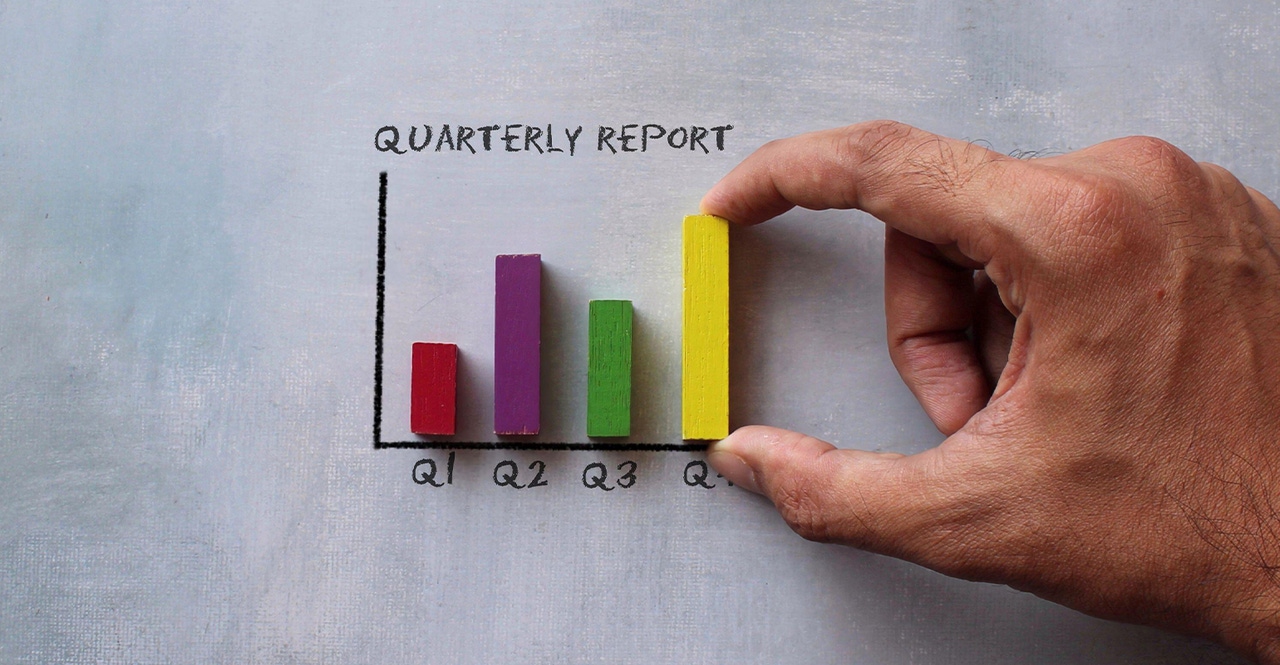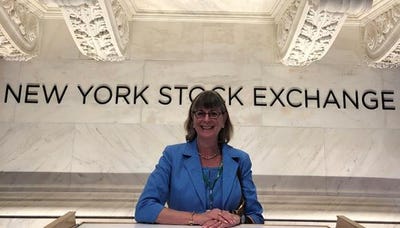August 2024 Business Report—Second Quarter 2024 Highlights
Over the past two weeks, the publicly-traded solid waste companies reported their second quarter earnings and held follow-up conference calls. In this edition of Business Report, we present the highlights and note the similarities and differences in the reports and company messages.

Overall Organic Growth Remains Strong and Largely as Expected
As expected, pricing was down sequentially, tracking lower inflationary cost pressures, but was basically in line with expectations. Waste Connections (WCN) led the pack with 7% core pricing growth, with GFL Environmental (GFL) and Casella Waste (CWST) reporting overall solid waste pricing of 6.5% and 5.7%, respectively. Republic Services (RSG) reported yield of 5.5%, while WM (WM) reported yield of 4.6%, but stronger core pricing of 6.8%. Price increases are “sticking”, with reported churn metrics generally remaining at or around historically low levels.
Volume, unsurprisingly, remained sluggish and in several cases a bit below expectations. WM and RSG reported solid waste volumes that were modestly negative, at -0.3% and -0.8%, respectively, versus expectations closer to flat. WCN and GFL reported more substantially lower volumes of -2.8% and -1.7%, respectively, but both figures were sequential improvements and largely as expected to a bit better, and the negative volumes remain primarily due to the continued shedding of unprofitable accounts. CWST reported lower disposal volumes of 10+%, primarily as a result of lower construction and demolition (C&D) volumes, as the company remains impacted by a competitor’s impending closure in New York. In general, commercial remained a bright spot with positive volume, and service intervals are also still positive. Similarly, municipal solid waste (MSW) landfill volumes were characterized as stable to positive. Consistent weakness in temporary roll off, due to weak construction activity, and lower industrial volumes were cited by most of the players. However, aside from those areas, the macro environment was generally characterized as sluggish but still relatively stable.
Margins Remained Very Strong and Generally Above Expectations
Underlying cost inflation continued to moderate, particularly in labor, and to a lesser extent, repair and maintenance expenses, and a number of management teams put their cost inflation in the mid-single digits in the quarter. That, combined with still strong pricing, resulted in abnormally large expansion in EBITDA margins across the board, continuing the first quarter trend. The “price/cost spread” was put at 100 basis points or greater by all the management teams. Layering in the positive impact from recycled commodity prices, renewable fuel standard credits (RINs) and internal efficiency and cost cutting programs led to EBITDA margins rising anywhere from 90 to 150 basis points, despite some offsetting idiosyncratic negatives for each company. The only exception to the surprisingly strong margins was CWST, which reported a lower EBITDA margin, impacted by an 80 basis points negative impact from higher leachate costs from wet weather (not PFAS!) and employee separation costs.
Guidance Updated and Raised
RSG and WCN raised EBITDA guidance (which was widely expected after both companies held off after the first quarter) on both underlying fundamentals, and in WCN’s case, incremental M&A. GFL raised its guidance for the second time this year, reflecting puts and takes within the underlying fundamental strength and commodity prices versus net divestitures. CWST raised revenue and EBITDA guidance, despite the aforementioned expense hits, on incremental M&A completed through early August. WM, which increased its guidance after the first quarter, maintained its current EBITDA guidance range, but noted increased confidence in meeting or (now) exceeding the midpoint of its range.
M&A Continues its Outsized Trajectory
Overall, M&A activity continues to track above historical averages as expected. WCN and CWST closed a sizable amount of tuck-ins in the first half, with CWST announcing two acquisitions in the Mid-Atlantic region in conjunction with its second quarter earnings totaling over $100 million in revenues. RSG is off to a slower start in the first half, but still anticipates closing $400 million in acquisition investment in 2024, if not approaching the $500 million it had targeted. The upside surprise in the quarter was WM, which announced $750 million in acquisition spend through July for solid waste tuck-ins, notably the sizable Winters Bros on Long Island, NY. This was particularly notable as many in the investment community viewed the previously announced, pending Stericyle (SRCL) acquisition as signaling that WM had little acquisition runway in the solid waste market.
The other twist in the M&A story came out of GFL. In response to press reports and speculation that it was contemplating a partial or complete sale of the company, GFL noted in its press release that it had ruled out a sale of the entire company, but was entertaining the sale of its Environmental Services business. Management noted on the conference call that it had received numerous expressions of interest in the business, and as a result, the company would be holding an auction that it hoped could conclude by the end of 2024. Based on early conversations and recent transactions, management stated that it believes the business could be sold at a mid-teen multiple. Once completed, management foresees using the proceeds for a combination of faster deleveraging and share repurchase. In the meantime, management reiterated their commitment to spending no more than $650 million in acquisitions this year, but noted that next year, it could see acquisition activity again approaching $1 billion.
Sustainability, Politics and the Supreme Court’s Chevron Decision
Although there were several references to modest delays, renewable natural gas (RNG) facility plans remained largely on track for the year across the board, and long-term incremental EBITDA targets for the RNG business were likewise all reaffirmed. There is some concern (and questions on the conference calls) that a Trump administration could pose a risk for RNG projects and RINs pricing, in particular. However, a number of management teams noted the changed RNG market dynamics since the last Trump administration and the current, stable RINs pricing. A number of industry ”experts” have put downside to RINs at $2.50 (versus recent levels north of $3) in the event of a Trump administration, which is generally well above the assumptions embedded in the companies’ longer-term projections for the business. The Supreme Court’s Chevron decision also factored into conference calls, particularly the potential impact on PFAS regulation. Management teams (understandably) noted it was very early days and there was a great deal of uncertainty in speculating about the potential impacts from the Chevron decision.
Early Peaks into 2025
Although only half way through the year, eyes are already turning to 2025, and there were some early high-level thoughts that emerged on the conference calls. A number of management teams noted that they still expected the price/cost spread to be higher than historical averages going into 2025. Another source of optimism is the sustainability businesses. The heaviest capex for these businesses is generally occurring this year, with much more material incremental EBITDA anticipated in 2025—this holds for both RNG and recycling (MRF and EPR) investments. And of course, WM is excited about the potential from its pending Stericycle acquisition!
Read more about:
Earnings and OutlookAbout the Author
You May Also Like




